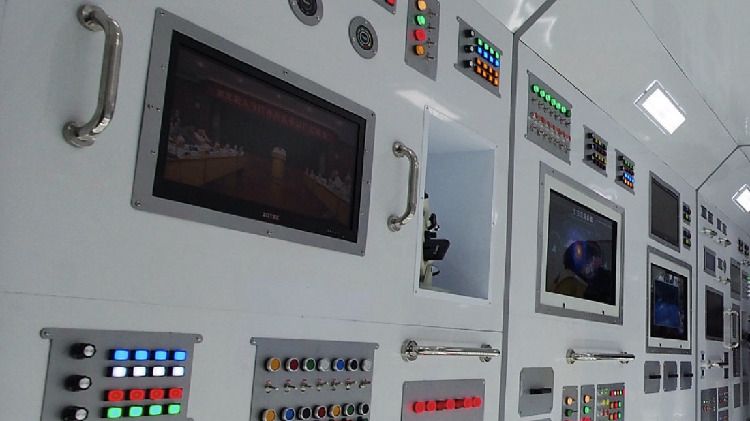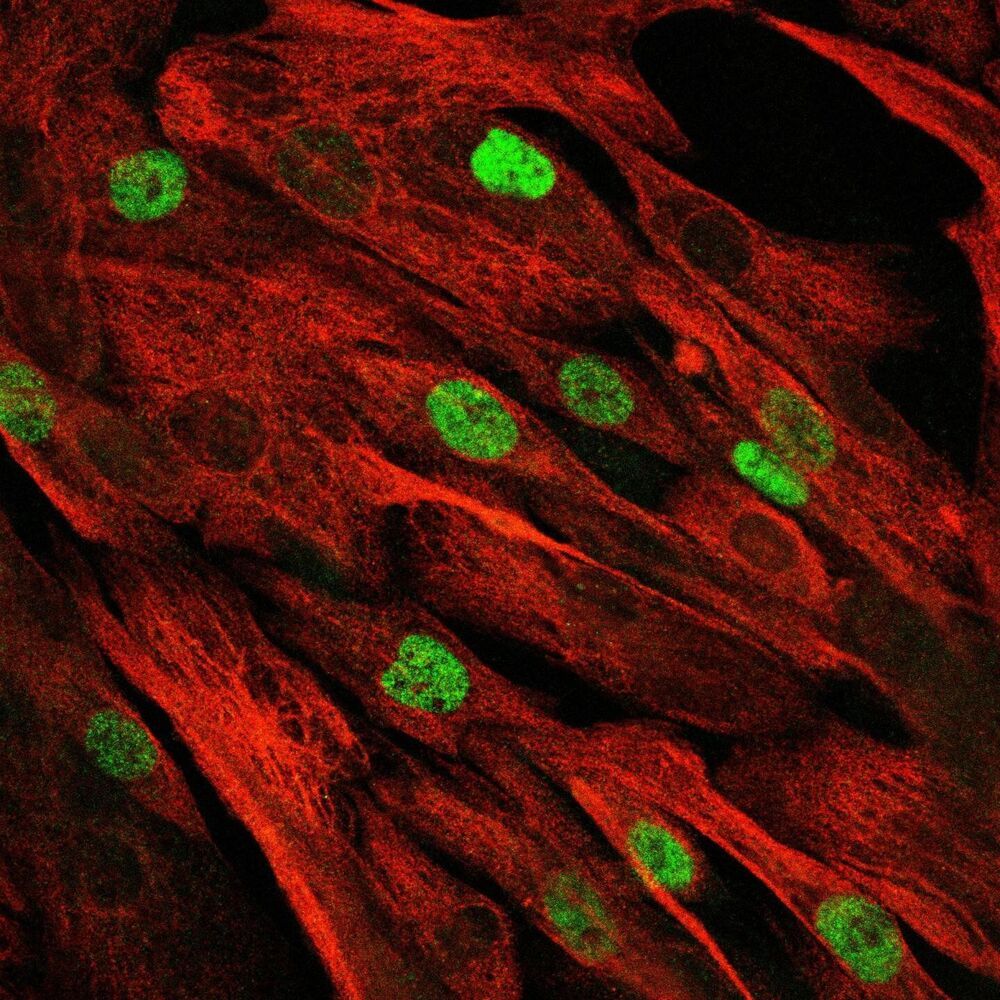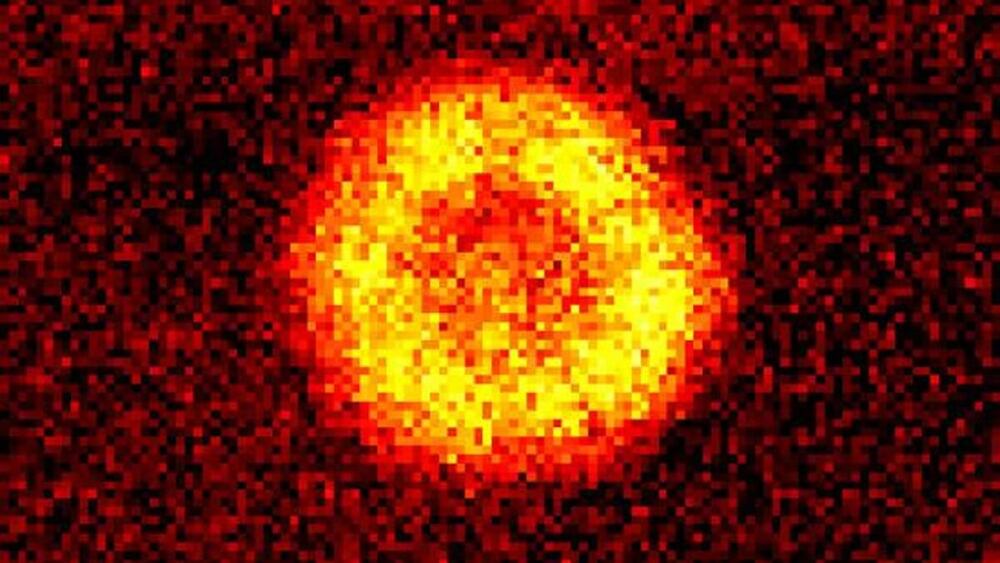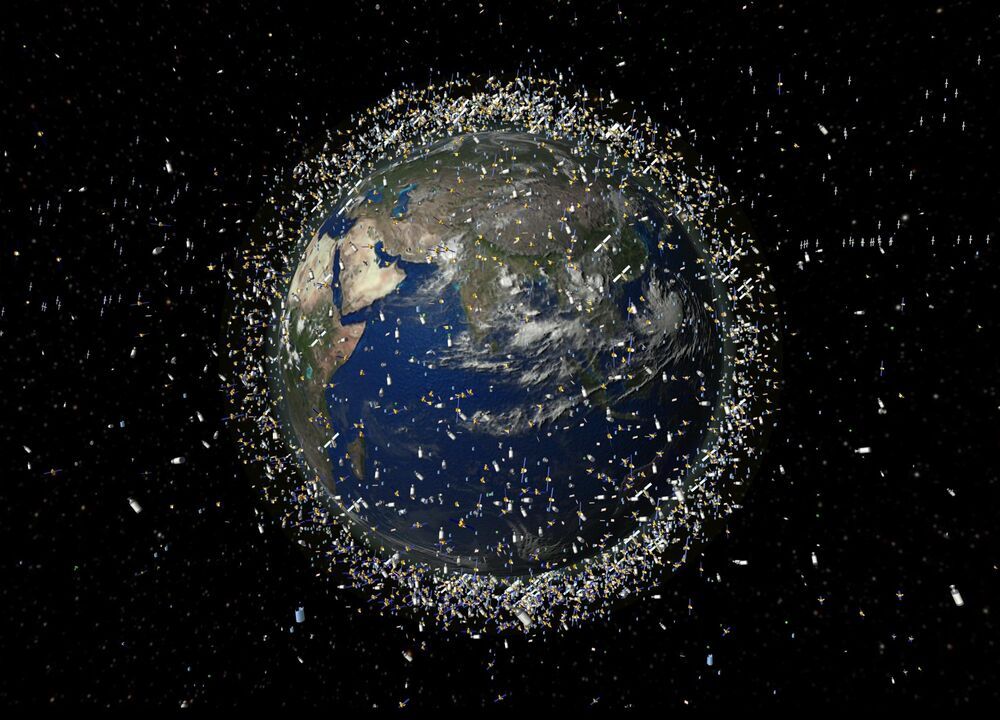It’s likely that safety drivers will remain in cabs for years to come as companies hone their sensor technology and train their software for every highway scenario. It’s expensive and painstaking work that can overwhelm even the best-run start-ups. The consensus within the industry is that three contestants stand the best chance to make it to the finish line: “It’s TuSimple, Aurora and Waymo,” says Grayson Brulte, co-founder of Brulte & Co., a consulting firm focused on transportation. TuSimple, a San Diego based-company that raised $1.35 billion in an initial public offering in April, is in the pole position, as Brulte sees it, because of its singular focus on trucking and its partnership, begun three years ago, with Navistar International to build autonomous trucks. “They’ve got the head start on it,” says Brulte.
These are the companies set to dominate the highways of tomorrow.







